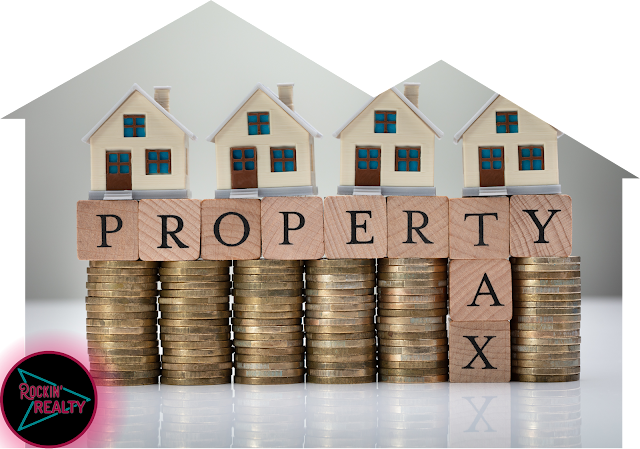Are property taxes leaving you scratching your head? As a homeowner, understanding property taxes is crucial for managing your finances and planning for the future. In this blog post, we'll break down everything you need to know about property taxes, from how they're calculated to strategies for minimizing your tax burden.
What Are Property Taxes?
Property taxes refer to taxes charged by local governments on real estate properties. These taxes are utilized to finance important services, including schools, roads, public safety, and infrastructure maintenance within a community. The amount of property tax you are liable to pay depends on the assessed value of your property and the local tax rate set by your municipality.
How Are Property Taxes Calculated?
Typically, property taxes are calculated based on the assessed value of your home which is determined by the local assessor's office. The assessed value may not always match the market value of your property, as it is often based on factors such as the size of the lot, the age and condition of the home, and recent sales of comparable properties in the area.
Once the assessed value is determined, it is multiplied by the local tax rate to calculate your property tax bill. This tax rate is expressed as a percentage of the assessed value and varies depending on where you live. It's important to note that tax rates can change from year to year, so your property tax bill may fluctuate accordingly.
Homeowners can use certain strategies to reduce their property tax burden, which is an essential expense:
Homestead Exemption:
Many states provide a homestead exemption, which enables homeowners to lessen the assessed value of their property for tax purposes. To be eligible, you typically must be a permanent resident of the property and use it as your primary residence.
Appeal the Assessment:
If you believe the assessed value of your property is too high, you have the right to appeal the assessment. Providing evidence such as recent comparable sales or evidence of property damage can help support your case.
Look for Tax Breaks:
Some jurisdictions offer tax breaks for certain types of properties or homeowners, such as senior citizens or veterans. Be sure to research any potential tax breaks you may qualify for.
Keep Records:
Keep detailed records of any improvements or renovations you make to your property. These improvements may increase the assessed value of your home, but they can also provide deductions or exemptions that can help offset your property tax bill.
Homeowners need to pay property taxes, which can be confusing and stressful. However, by understanding how the taxes are calculated and looking for ways to lower your tax bill, you can manage your finances better and make smarter decisions about your home. It's important to stay up-to-date with the latest updates in local tax laws. If you have any questions or concerns regarding your property taxes, don't hesitate to reach out to your local tax assessor's office. With the right knowledge and planning, you can confidently navigate the world of property taxes.


Comments
Post a Comment